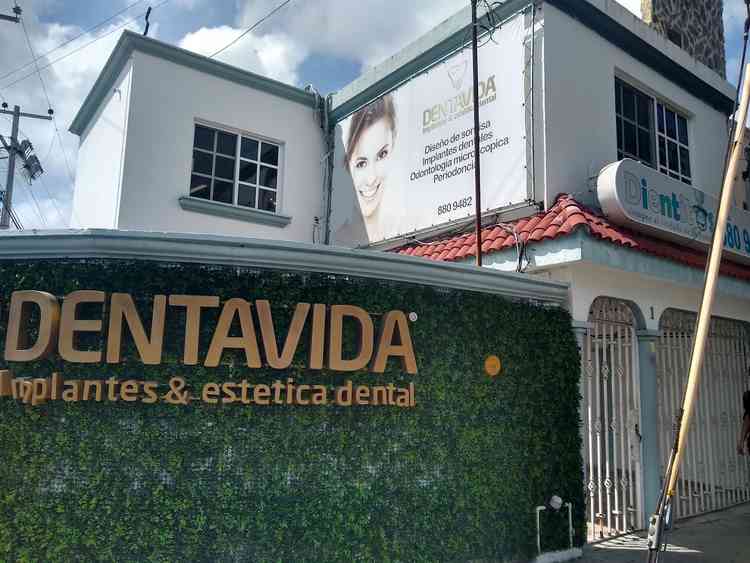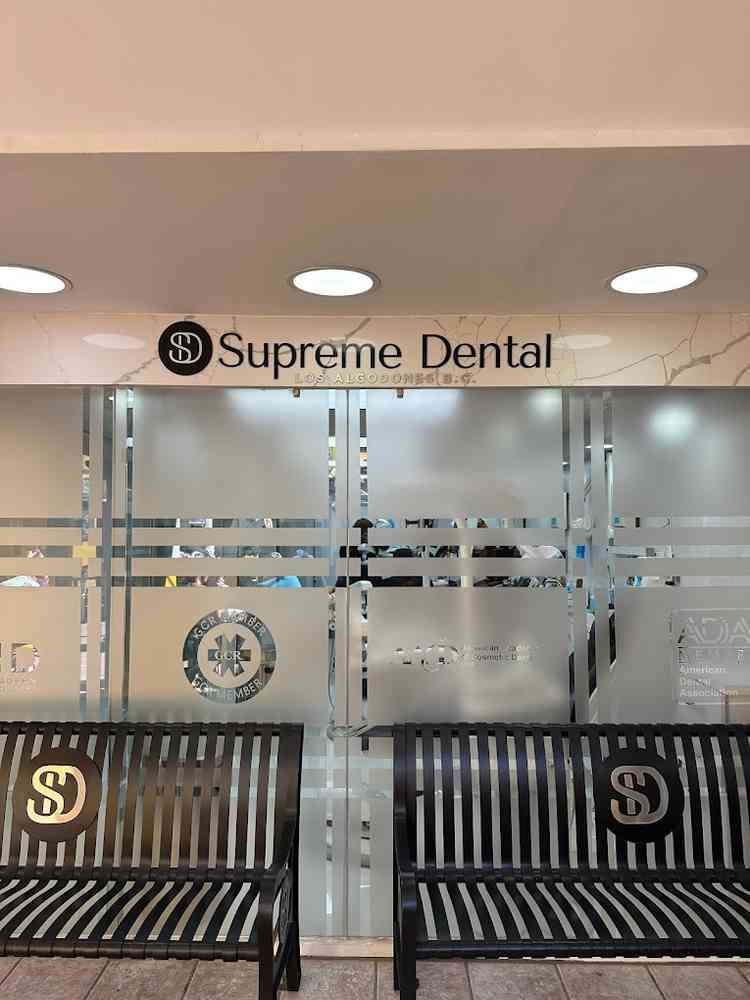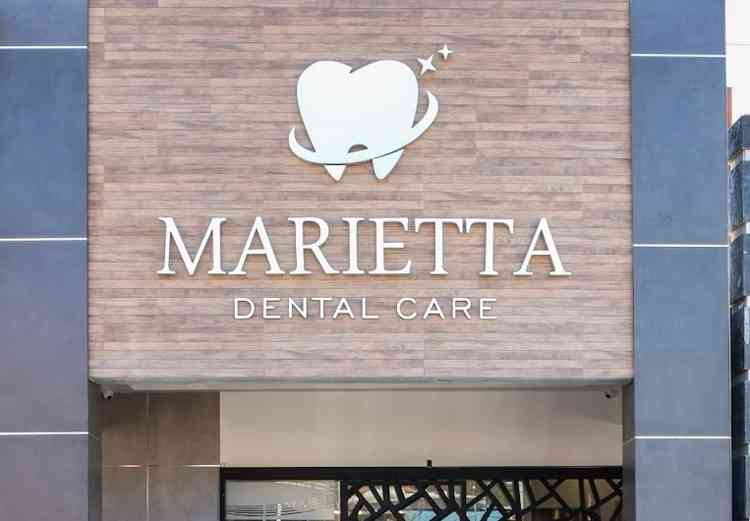How Much Does a Crown Cost With Insurance? A Simple Guide to Costs and Coverage

Prathyusha Itikarlapalli
- Content Writer

Gustavo Moreno Vargas
- Reviewed by

Key Takeaways
- Dental insurance covers the cost of medically necessary crowns. However, insurance does not cover crowns for cosmetic reasons, such as covering cracks, discoloration, and chips.
- Dental crowns cost between $1,500 and $3,000 per tooth; the exact cost varies with crown type, dentist, clinic, and insurance coverage. Insurance covers 20% and 50% of crown prices, with coverage varying with the insurance plan.
- Choosing an in-network dentist, opting for standard crowns over premium options, and utilizing the HSA and FSA plans will reduce out-of-pocket expenses.
Dental Crowns for Common Oral Problems
Tooth loss is the most common oral health issues among seniors. While edentulism (partial or complete) is more prevalent among adults, youngsters are no exception. Compromising on oral hygiene is the primary cause of tooth loss. [1] Losing teeth significantly impacts the quality of life, curbing the ability to eat, speak properly, and smile confidently. Beyond these, the missing tooth gaps change the alignment of adjacent teeth, and eventually, the shape of the jaw. Dentists fix dental implants in place of missing teeth gaps and fix dental crowns in order to restore functionality and preserve oral health. On the other hand, they also suggest a crown after root canal therapy for a severely damaged tooth due to dental cavities. Dental crowns, in this case, add strength to the decay-induced weakened tooth structure. In fact, dental crowns are a popular treatment in restorative dentistry.
Technically speaking, dental crowns are tooth-shaped caps used to cover the damaged tooth or an implant post. They vary in color based on the material they are made from. The most common types are porcelain, zirconia, porcelain-fused-to-metal, and all-metal crowns. While each one has its pros and cons, dentists recommend the suitable type based on budget, tooth location, and patient expectations.

Dental Crown Costs
On average, dentists in the United States charge between $800 and $3,000 per dental crown. The exact cost varies depending on crown type, tooth location, dentist, and insurance coverage.
How Much Is a Crown Without Insurance?
Without insurance, you can expect to pay the full amount out of pocket, typically between $1,000 and $2,000 for a standard crown. Note that the premium options, like porcelain or zirconia, cost more, generally ranging up to $3,000. The cost of dental crowns largely varies with the type of material used. Factors such as durability, appearance, and how complex the crown is to make all play a role here. More importantly, the choice often comes down to the patient’s aesthetic expectations. Based on those patients' preferences, here’s a breakdown of dental crown costs without insurance:
- Cost of dental crowns for a natural appearance: Materials like zirconia or porcelain blend well with the natural teeth and look exceptionally natural. These generally cost more. Among both, zirconia crowns are preferred for back teeth because of their ability to withstand strong bite force. Porcelain crowns, although natural-looking, are relatively less durable and are typically preferred for front teeth.
- Cost of dental crowns focused on durability: If you are looking solely to meet the goals of durability, all-metal crowns or porcelain-fused-to-metal (PFM) crowns are better-suitable. PFM crowns have a metal base over which porcelain is laid to mimic natural teeth and are a cost-effective choice. However, all-metal crowns are made from metals and their alloys, like gold, platinum, nickel, and palladium, and cost slightly more.
Dental crown types and costs
|
Crown type |
Cost per tooth |
|
Zirconia |
$3,000 |
|
Porcelain |
$3,000 |
|
Porcelain-fused-to-metal |
$1,500 |
|
Metal |
$2,000 |
|
Gold |
$1,500 |
It's worth mentioning that dental crown costs may quickly add up, particularly when you need multiple crowns or choose premium options. Many patients find the crown costs unaffordable and look for choices that save their pockets from draining. Having dental insurance can significantly reduce the out-of-pocket costs in this aspect. Dental insurance works similarly to medical insurance, with its coverage applying to dental treatments. Most insurance categorizes dental procedures into preventive care, basic, and major procedures. In case you are wondering about the coverage and other details, we have detailed it in the following section.
Are Crowns Covered by Insurance?
Insurances partially cover the costs for the medically necessary dental crown, with patients paying only 50% of crown costs. [2] Note that the percentage of coverage varies slightly with the insurance plan you purchase. Typically, insurance plans differ with regard to deductibles, coverage, and the choice of in-network and out-of-network dentists. Further, some plans require a waiting period before treatment. It's always best to review your policy and speak directly with your provider to understand what's covered before scheduling treatment.
Does Insurance Cover All Types of Dental Crowns?
Dental insurance covers crowns of all types, provided they are medically required. However, crowns fixed to satisfy cosmetic needs are not covered by dental insurance. This means insurance applies only for dental crowns fixed to restore function. Medically necessary crowns can satisfy the functional requirements when the tooth suffers significant damage and is unable to perform its regular functions. It can be a weakened tooth structure prone to cracks due to severe decay, those fixed to support bridges or cover the implants in cases of tooth loss. Here are a few instances where dental crowns are fixed for cosmetic needs. These include crowns to cover chips, breaks, cracks, discoloration, and mal-alignment. Here we addressed a few questions that most patients ask us.
How Much Does a Crown Cost After Insurance?
Most insurance providers offer partial coverage, and you can expect paying between $300 and $700 out-of-pocket expenses for each crown. The exact price may depend on crown type, your insurance plan, and the dentist you choose. Further, you should choose an in-network dentist specified by your insurance provider. Choosing an out-of-network dentist may increase the upfront costs. Further, some insurance providers require a waiting period to maintain costs and prevent abuse of benefits. The waiting time is a prerequisite to ensure that patients do not sign up for expensive procedures and cancel their policies thereafter. While this helps long-term continuance and success of policy, patients benefit from coverage of preventive care and routine procedures.
How Much Does a Crown Cost With Blue Cross Blue Shield?
Dental crowns cost between $300 and $350 with Blue Cross Blue Shield. The exact cost varies with the dental plan (HMO or PPO) and whether you choose an in-network or out-of-network provider.[3] Opting for the in-network or participating dentists offers dental services at typically low prices. You need to pay slightly more to get a crown procedure done by a non-participating dentist. Check out the directory provided by the insurance provider to verify if your dentist is an in-network dentist.
How Much Does a Crown Cost With Delta Dental?
The out-of-pocket costs for dental crowns are reduced by half when you plan for the Delta Dental PPO premium plan. While the Delta Dental Basic plan does not cover major dental services such as crowns, planning the Delta Dental PPO Premium plan can save your pocket. However, you will need to wait for a few months before treatment to avail of a 50% cost reduction with Delta Dental. Note that the wait period varies with geographical location.[4]
How Much Does a Crown Cost With Cigna Insurance?
Cigna insurance plans categorize dental crowns as a Class III (major restorative) procedure. A dental crown with the Cigna Dental 3000/100 plan costs you $309 when you choose an in-network dentist and $982 at an out-of-network dentist's office. You need to wait for 12 months prior to treatment to avail of these lower prices. More importantly, Cigna insurance covers crown costs for one tooth within 5 years.[5]
How Much Does a Crown Cost With Humana Insurance?
Humana insurance covers 50% of crown costs,[6] and a dental crown costs between $250 and $1,500. While the exact cost depends on the crown type, the dentist, and the location, metal and stainless steel crowns cost the least. However, out-of-pocket expenses for front tooth crown costs are slightly higher. Generally, porcelain or zirconia crowns are preferred for front teeth, which may cost between $1000 and $1,500 per tooth with insurance.
How Much Does a Crown Cost With Guardian Insurance?
Porcelain or ceramic crowns with the Guardian DHMO insurance plan cost you $450 per tooth. Note that the Guardian insurance covers tooth crown prices only when you choose an in-network dentist.[7]
How Much Does a Crown Cost With MetLife Insurance?
MetLife insurance covers 50% of crown costs by categorizing them as Type C according to the low and high PPO dental plans. Note that this 50% coverage applies after a 12-month wait period with treatment at an in-network provider.[8] Veterans can choose between the standard and high options as part of the MetLife VADIP plan. You may choose in-network as well as out-of-network dentists. The crown cost coverage ranges between 20% and 50% as part of this plan.[9]
A dental crown with insurance can significantly reduce out-of-pocket expenses and make treatment more affordable. However, if you're currently uninsured or exploring low-cost alternatives, don’t miss our detailed guide: “Cheapest Crown for a Tooth.” It breaks down budget-friendly options to help you protect your smile without overspending.
Being Wise About Dental Insurance Benefits for Crown Treatment
While most dental insurances partially cover the crown costs, here are smart ways to maximize your savings.
- Choose an in-network dentist: Most dental insurance offer better coverage for choosing in-network providers. This will lower your out-of-pocket costs. Get the list of in-network dentists from your insurance provider and make your choice accordingly.
- Make a wise choice of dentist: Dental crown costs largely depend on geographical location. Typically, dentists in metropolitan areas quote higher prices, while those in rural or less populated regions may offer more affordable rates. How much does a crown cost in California with insurance? In high-cost states like California, dental crowns with insurance usually range from $300 to $600 per tooth. But here’s another important question: How much does a crown cost with insurance in Texas? In Texas, insured patients may pay between $200 and $400 per crown, making it generally more budget-friendly. Here is the most important point to note. Whether you're in California, Texas, or another state, your total cost doesn’t just depend on location; it also hinges on your dentist’s network participation, the crown material, and your specific insurance coverage.
- Prefer standard options over premium: Standard crown options like porcelain, steel, or all-metal crowns are cheaper. Opting for them will considerably reduce your overall expenses, even when you are insured.
- Make the best use of policy inclusions: Most dental insurances cover cleanings, routine examinations, and tests like dental X-rays. Get your diagnostic tests done and submit the forms for a claim to reduce the overall cost burden.
- Get pre-authorization: Some insurers require a pre-authorization form detailing diagnosis, treatment, diagnostic tests, and a cost estimate. This avoids surprises and helps you prepare and plan for the required out-of-pocket expenses.
- Pay out-of-pocket using HSA or FSA: Use your HSA or FSA funds to pay the out-of-pocket expenses left for crowns after insurance coverage. While these pre-tax dollars reduce your taxable income, you can save considerably with these plans. Check with your employer or contact an HSA provider for planning efficiently.
Final Word
While dental crowns can range between $1,500 and $3,000 per tooth, having dental insurance can make a significant difference, especially when the procedure is medically necessary. Most plans cover 20% to 50% of the cost, depending on your policy and provider. However, crowns placed purely for cosmetic reasons are typically not covered. To avoid unexpected expenses, always confirm your insurance details and treatment eligibility in advance. Understanding the type of crown you need and what your plan includes is key to maximizing savings and ensuring long-term dental health.
Don’t leave your dental health or budget to chance. Sign up with Envoy Health and let us connect you with top-rated dentists who accept your insurance, offer fair crown pricing, and deliver quality care. Get the crown you need without the financial surprise.
References
- Oral Health And All-Cause, Cardiovascular Disease, And Respiratory Mortality In Older People In The UK and USA
- How Does Dental Insurance Work?
- Blue Shield Of California Summary Of Benefits
- Delta Dental Ppo Insurance — What You Need To Know
- Summary Of Benefits Plan Information
- Dental Crowns: Costs And Coverage
- Guardian® Managed Dentalguard For Individuals And Families – New York
- Metlife Dental PPO Insurance Plan Benefits
- Metlife Vadip Dental Plan Benefit Options
Disclaimer
The information in this article is for educational purposes only and does not replace medical advice. Always consult your doctor before starting any treatments.
Putting back a crown on the tooth typically costs around $1,500 and $3,000 per tooth. Additional procedures like root canals or implants may add to the overall treatment cost. Note that the exact cost of putting a crown back on a tooth varies with the crown and treatment type.
Dental insurance partially covers medically necessary dental crowns. Crowns required for functional goals, like missing teeth or severe caries, are covered by insurance. However, crowns fixed for cosmetic goals, like discoloration, chips, and cracks, are not covered by dental insurance.
Dentists charge between $1,000 and $3,000 for a single crown. Crown costs vary with the material, dentist, clinic, and insurance plan. Typically, porcelain and zirconia crowns are slightly higher than all-metal crowns. Note that crown costs with insurance are slightly lower. Dental insurance covers up to 50% of crown costs, lowering your burden.
Dental crowns are an expensive procedure, mainly due to the material costs and expenses related to the diagnostic tests. Dental insurance covers 20-50% of crown costs, so you may still feel the treatment costs are expensive, especially if you're responsible for lab fees, custom work, or out-of-network provider charges.
If you can’t afford a dental crown, planning for dental insurance will ease the cost burden. Dental insurance covers up to 50% of crown costs if you choose an in-network dentist. Alternatively, you may also choose HSA or FSA, dental discounts, payment plans, or treatment at the dental schools.
In the United States, dental fillings cost around $50-$300 with insurance. While these costs are significantly less than crown prices, fillings do not work for extensive damage, where crowns can be the only solution.
Porcelain crowns cost between $1,000 and $1,500 per tooth with insurance. Porcelain crowns are expensive due to their high material costs. While they deliver a natural look, they are highly durable and last longer.
In the US, temporary crowns cost between $700 and $900, and with insurance, these costs are lowered to half. Note that temporary crown costs are typically lower than those of permanent crowns due to the lower material costs. While permanent crowns are made from expensive materials like porcelain and zirconia, temporary crowns are made from acrylic or composite resin.
Gold crowns cost an average of $2,500 per tooth, and insurance covers up to half of the costs in the United States. Note that the insurance coverage varies with the provider and the plan you choose.
So, we partner with the premier healthcare facilities!
Send me the list



